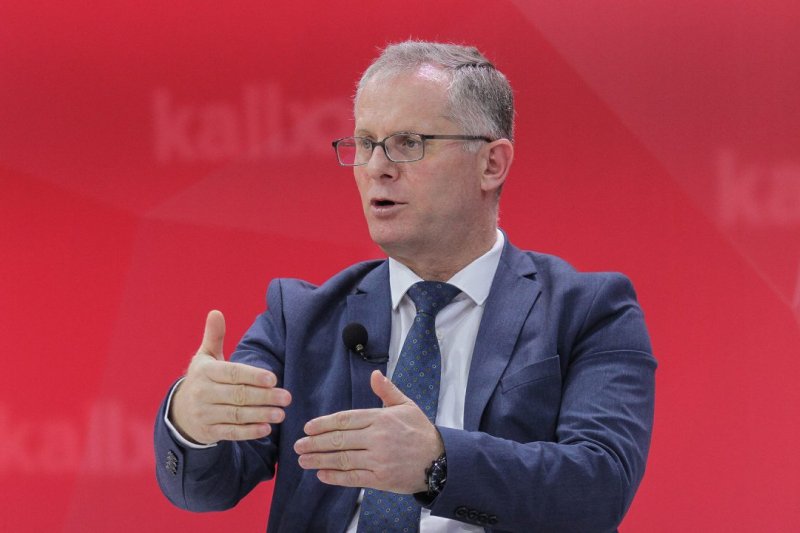Kosovo Postpones Serbian Dinar Ban Amid International Pressure
Kosovo’s Deputy Prime Minister, Besnik Bislimi, said on Wednesday that a regulation enforcing a euro-only policy for cash payments will enter into force as planned on February 1, while announcing a transition period for local Serbs who still use Serbia’s currency, the dinar.
However, Bislimi did not specify how long this transition period will last, while also playing down claims that implementation of the policy would damage thousands of Kosovo Serbs who take their pensions from Serbia.
“I inform you that the Kosovo government, based on Treasury [data], transfers pensions to 26,987 pensioners. They all have a bank account, receive it in euro currency and make payments with the euro … Pensions from Serbia can be transferred to these accounts,” Bislimi said. He added that the same applies for families that receive social aid and women after childbirth.
“Kosovo’s government is determined that law implementation all over be unconditional and uncompromised,” Bislimi said.
“Also, we are committed through the transitional period to make sure that citizens adapt as quickly and smoothly and without any damage. Government mechanisms that are obliged to implement this regulation in practice will be fully focused during this transition period on investing more in information to citizens, not in punitive measures,” he added.
During the undefined transitional period, no one will be punished for using Serbian dinars and money flows from Serbia will not be banned. To ensure continuation of Serbia’s “donations” to Kosovo Serbs, the government has asked the Kosovo Central Bank to establish contact with Serbia’s Central Bank.
The Regulation on Cash Operations entering into force on February 1 aims to fight counterfeit money and reiterates: “The only currency allowed to be used for carrying out cash payment transactions and in the payment system in the Republic of Kosovo is the euro.”
“Other non-euro currencies can be used … only as valuables for safekeeping in physical form, or in bank accounts in non-euro currencies, for making international payments in non-euro currencies and for foreign exchange activities,” it adds.
The governor of Kosovo’s Central Bank, Ahmet Ismaili, told Kosovo local media Kosova Press on Wednesday that the regulation will not be annulled, explaining that “we are not dealing individually with ethnic Serb citizens. They are welcome to join the Kosovo financial system”.
The decision to offer a transition period follows pressure from the international community to postpone implementation, considering that it will mainly affect the country’s Serbian community.
(Source: BalkanInsight)













